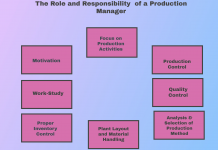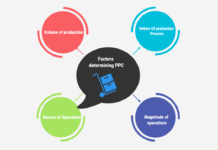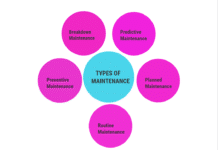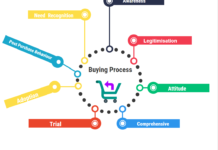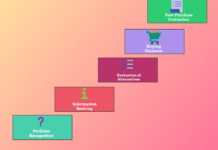Supply Chain Management
Supply chain management (SCM) is the process and activity of outsourcing the raw materials or components of an enterprise required to create a product or service and deliver that product aim of SCM software is to improve supply chain performance.
Timely and accurate supply chain information allows manufacturers to make and ship only the product which can be sold. These are helpful for both manufacturers and retailers to reduce excess inventory. This will decrease the cost of producing, shipping and storing products that cannot be sold.
Elements of supply chain management
1. Planning
Enterprises have to do accurate planning and manage all resources required to meet customer demand for their product or service. They also need to design their supply chain and then determine which metrics to use to ensure it is efficient, effective and delivers value to customers.
2. Production
Here managers need to coordinate the activities required to accept raw materials, manufacture the product, test the quality of a package for shipping, and schedule for delivery. Most enterprises measure quality, production output, and worker productivity to ensure the enterprise creates products that meet quality standards.
3. Sourcing
Companies must choose suppliers to provide the goods and services required to create their products. After suppliers are under contract, supply chain managers use a variety of processes to monitor and manage supplier relationships. Key processes include ordering, receiving, managing inventory, and authorizing supplier payments.
4. Delivering
It is commonly called logistics, this involves coordinating customer orders, scheduling delivery, dispatching loads, invoicing customers, and receiving payments.
5. Returning
The supplier needs a responsive and flexible network to take back defective or unwanted products. If a product is defective it needs to be reworked or scrapped. The product which is unwanted or in excess needs to be returned to the warehouse for sale.





